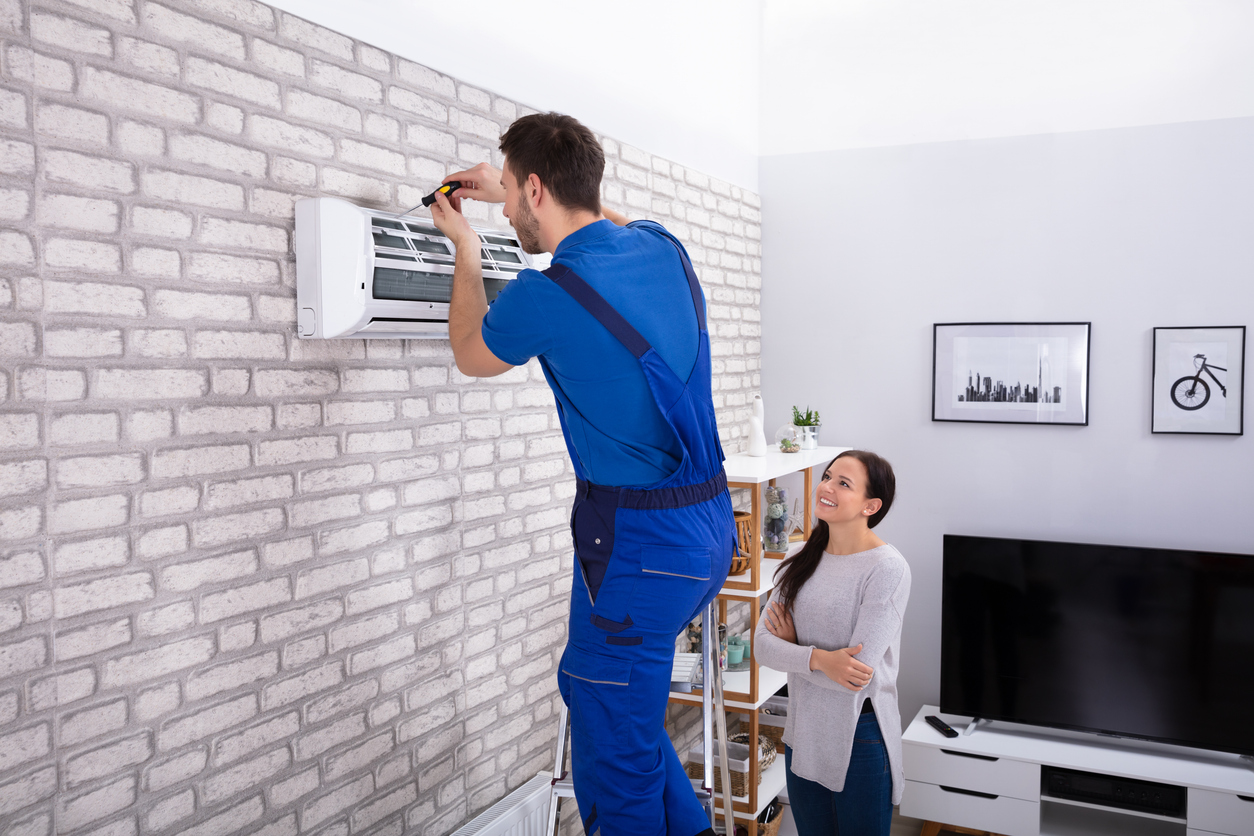According to reliable sources, about 20 percent of people suffer from allergies or asthma. This means that out of a household of five people, at least one is statistically likely to experience common allergy symptoms this spring. These signs can include difficulty breathing, coughing, sneezing, wheezing, watery eyes, sore throat, malaise, itchy throat and rashes.
The issue for many people, however, is that they don’t want to resort to medications to deal with their suffering. Certainly, they want to feel “like themselves” despite the pollen count, but they don’t want to have to take drugs to do so. Besides, some drug side effects can be downright annoying in and of themselves, like dry throat, rapid heartbeat, fatigue and sleeping disorders.
Those looking for a non-pharmaceutical way to treat spring allergies may want to try one of the following 11 methods:
- Turn to alternative medicine. Some spring allergy sufferers swear by acupuncture and chiropractic practices to help them alleviate symptoms caused by pollens and other airborne allergens.
- Get your ductwork cleaned. The ducts in your house collect a significant amount of dirt, dust, dander, insect residue, bacteria and pollen. Getting those ducts professionally cleaned can help create a healthier environment that eases allergy symptoms.
- Enjoy the great outdoors early in the morning or later in the evening. Typically, pollen counts are highest in the middle of the day. Therefore, if you need to work in your lawn or want to exercise outdoors, do so early or later.
- Try herbal supplements. There are numerous herbal supplements available online and at local health stores that may provide relief from allergies without the side effects of drugs.
- Eat more honey. Although the research is light on why honey works to help keep allergies at bay, it is said to be a lifesaver for some. The good news is that there’s no reason not to try it, as long as you’re not allergic to honey!
- Keep your indoor air moist. Allergens float in the air, and when the air has more moisture, they’ll cling to the moisture and drop to the floor. Though you don’t want the inside of your home to be too humid, a little humidity might be just what the doctor ordered.
- Eat yogurt with live cultures. Yogurts contain probiotics, which are good for the digestive tract. They also appear to have some positive effect on people who experience allergies. So grab a cup of “yo”! (Sorry, though… frozen yogurt usually doesn’t have live, active cultures.)
- Set up a HEPA filtration device in your home. Along with your cleaned ductwork, this will add a measure of protection to keep allergens from getting into your house.
- Always shower after coming in from the outdoors. Though this might seem like overkill, it really does work. As soon as you get home from being outside for an extended period of time, head to the bathroom and bathe or shower. Make sure you immediately put any clothes you wore into the laundry so they can be cleaned.
- Ratchet up the antioxidants and vitamins in your nutritional plan. If your eating habits aren’t too terrific, now might be a good time to revamp your diet. Many naturopaths feel that a diet that’s rich in antioxidants and vitamins can help your body naturally ward off allergic reactions.
- Drink specially-developed, herb-based teas. Available in natural stores, some herb-based teas are designed to help your immune system fight allergies during the spring and fall.
Good luck dealing with your spring allergies the natural way! If you have other suggestions for medicine-free allergy remedies, feel free to leave us a comment.






